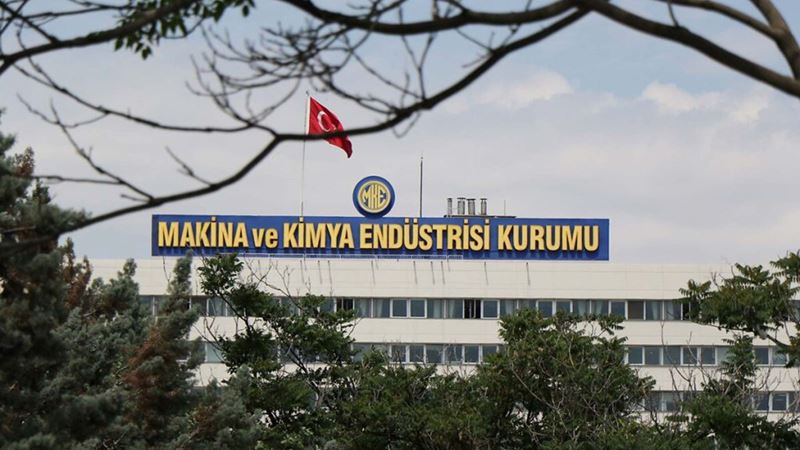A sharp contraction was observed in industrial production and retail sales in April, when many factories had to stop production and consumers had to stay at home within the scope of epidemic measures in China.
In April, industrial production decreased by 2.9 percent compared to the same period of the previous year. Economists participating in the Bloomberg survey had expected a 0.5 percent increase in industrial production.
Retail sales fell 11.1 percent in the same period. The expectation for this data was determined as a decrease of 6.6 percent.
The unemployment rate also rose to 6.1 percent. Economists had predicted 6 percent unemployment in the country during this period. The unemployment rate of the youth population in China also reached a record level with 18.2 percent.
Bloomberg Economists Chang Su and Eric Zhu said in their assessments of the data that the data reflected the effects of the shutdown in Shanghai and other parts of the country.
Economists stated that the epidemic measures had a wider and deeper impact than expected. Data point to a deeper-than-expected slowdown for this year, according to economists.
Measures continue in Shanghai and Beijing
The closure, which started on March 28 in Shanghai, whose population exceeds 26 million, was extended indefinitely as the cases did not decrease. Although it has been reported that the restrictions will be lifted in places where there are no cases outside the quarantine zones, the measures continue in most of the city.
Currently, only 183 of the 1625 chain supermarkets in the city are open for shopping. While 1010 grocery stores are operating with online orders, the rest have closed their doors.
The city administration had reported that it aimed to reach the "zero case" target outside the quarantine zones on May 20.
The Kovid-19 epidemic, caused by locally sourced cases carrying the Omicron variant, which was first seen on April 22 in the capital Beijing, continues.
While new rounds of collective tests were carried out in 12 central districts for 3 days, taxi and mobile taxi services were stopped in Chaoyang, Fangshan and Shunyi districts where the cases were intense.
While kindergartens and primary and secondary schools in the city maintain online education, restaurants only offer ordering services. Gyms, cinemas and other indoor entertainment centers are temporarily closed.









Comments
No comment yet.